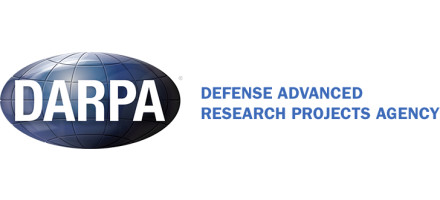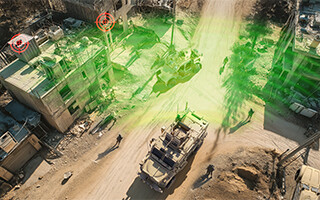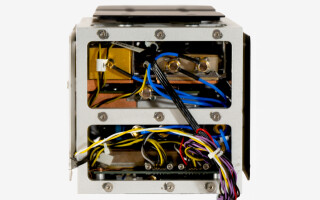Defense-optimization problems using mixed-signal logic the focus of QuICC program from DARPA
NewsOctober 05, 2021

ARLINGTON, Va. The Defense Advanced Research Projects Agency (DARPA) has launched an initiative called the Quantum-Inspired Classical Computing (QuICC) program, which seeks to leverage lessons learned from benchmarking quantum algorithms to develop QI [quantum-inspired] solvers for a range of complex U.S. Department of Defense (DoD) problems and demonstrate the feasibility of reducing the required computational energy by at least two orders of magnitude over existing techniques.
According to information from DARPA on the program launch, the goal of QuICC is to help the DoD solve many complex optimization problems to enable mission capabilities, from determining the most efficient way to distribute supplies to minimizing warfighters’ exposure to hostile forces.
Bryan Jacobs, a program manager in the Microsystems Technology Office, says that DARPA is focusing on developing what it calls QI classical solvers, mixed-signal systems that use classical analog components and digital logic to emulate the physics of dynamic systems. Such systems are thought to be able to outperform both conventional and quantum computers by over a factor of 10,000.
Under the QuICC program -- which will use algorithmic and analog hardware codesign along with application-scale benchmarking techniques -- teams will work across two technical areas to achieve the target objectives: The first area focuses on developing solver algorithms and creating a framework for assessing the potential performance of QI solvers, while the second will work on development of QI dynamical system hardware and validated models of their performance.
DARPA officials say that QuICC prototype systems will target a 50x reduction in energy for intermediate problem sizes and show that a 500x reduction for mission-scale problem sizes is reachable.
“With QuICC, we want to create a fundamentally new way of doing classical computing that takes inspiration from the algorithmic advances happening in quantum computing. The goal is to enable a 500x performance improvement in the energy required to solve complex, DoD-relevant optimization problems. If we’re successful in generalizing and scaling QI solvers for DoD-relevant applications, we could see a quantum leap in computational efficiency for a broad range of optimization challenges,” said Jacobs.
Additional information about the QuICC program and its objectives can be found in the Broad Agency Announcement, published on SAM.gov.







